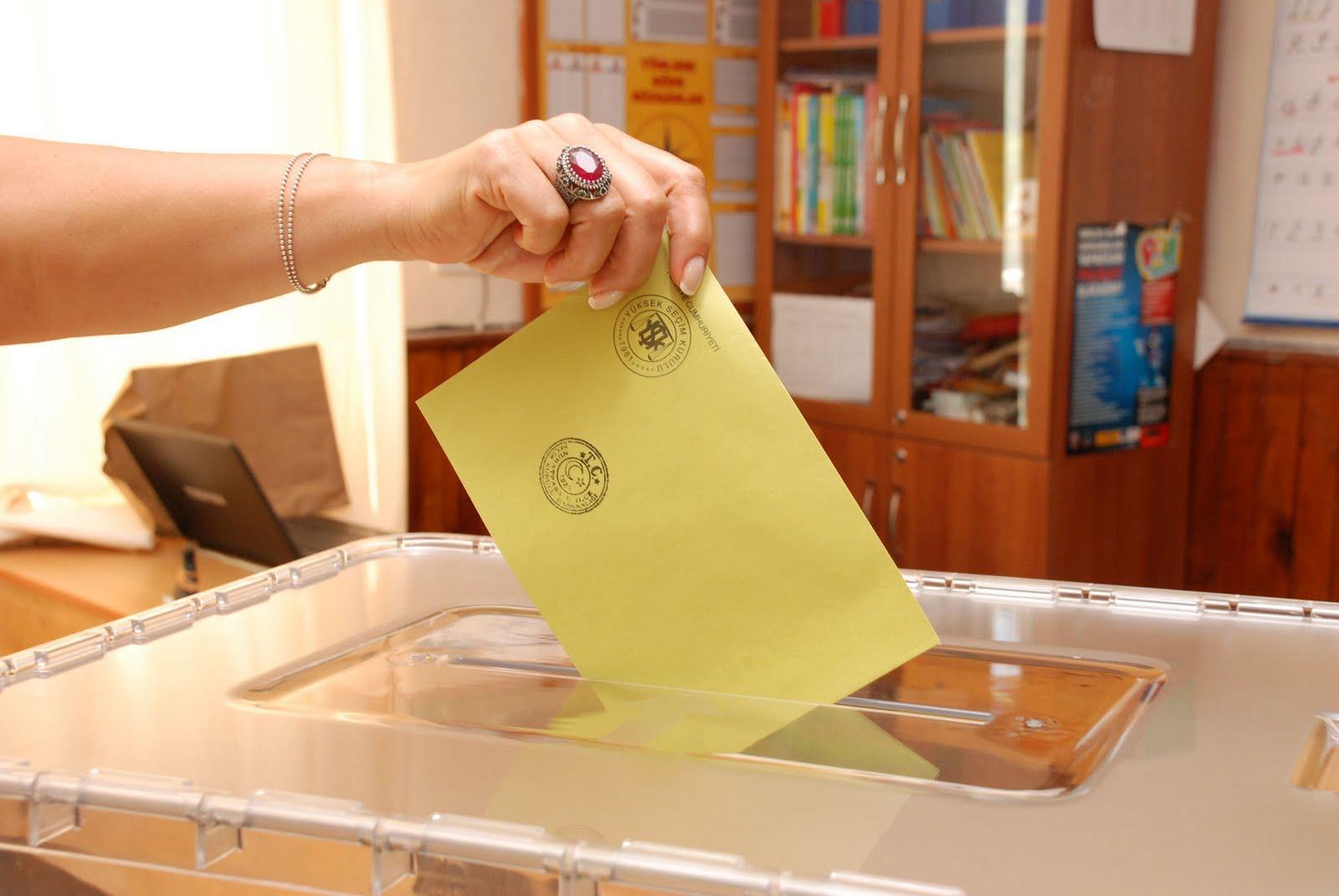
Turkey has never seen an election campaign like this one for the snap elections of June 24.
When President Tayyip Erdoğan decided have the elections scheduled for November 19 to 16 months earlier upon the forcing of his main ally, Devlet Bahçeli of the Nationalist Movement Party (MHP) the calculations in the ruling Justice and Development Party (AK Parti) headquarters had focused on a few points.
The shape of economy was not promising with rising interest rates, rising inflation and budget deficit despite high growth and waiting for another 16 months could worsen the outlook which would mean loss of votes. Therefore, Erdoğan did not hesitate to go for early elections despite his standard rhetoric was to consider it as a weakness.
Secondly, the rally-around-the-flag factor which was high after the 2016 military coup attempt had started to fade away and also the nationalism factor kept high with the military campaigns against the outlawed Kurdistan Workers’ Party (PKK) in Syria and Iraq as it would not be that easy to keep them going for more than another year.
Thirdly, given the fragmented opposition a raid-type election could catch the parties other than AK Parti and MHP unprepared which would guarantee a re-election for Erdoğan, a majority in the parliament for the alliance and a place for the MHP in the Parliament despite it seemed impossible for MHP to exceed the 10 percent national threshold after the Good Party (İYİ) split.
It seems Erdoğan calculated that the opposition parties could not come together to form an alliance as he did with Bahçeli and people, even Kurdish voters would not vote for the Kurdish problem focused Peoples’ Democratic Party (HDP) because Erdoğan had explained everyone that they were the extensions of the terrorist PKK.
Kemal Kılıçdaroğlu, the chairman of the main opposition Republican People’s Party (CHP) proved the first assumption wrong by extending his hand to Meral Akşener of the İYİ Party as Akşener had already announced her candidacy but was about to be barred from being a candidate with some calendar restrictions due to very early announced election date. CHP loaned 15 members of parliament to İYİ in order to let them to form a group in the parliament which helped by-passing the problems challenging her, an opposition candidate against Erdoğan.
Then another alliance was formed between CHP, İYİ and the conservative Felicity Party (SP) which means the AKP-MHP alliance now with the Greater Unity Party (BBP) joining them in order to decrease the handicaps of the election system to the less voted parties.
Then Kılıçdaroğlu had his second move by showing Muharrem İnce his rival within the CHP as the presidential candidate. İnce proved to be the surprise factor of this election. For the last 50 days, he addressed the crowds in nearly 110 rallies managed to become the voice of the anti-Erdoğan sentiments.
On the HDP front anti-Erdoğan voters either within the CHP or left of CHP and liberals realized that if the HDP is helped to exceed the 10 percent threshold, it could cost around 60 seats to Erdoğan in the 600 seat parliament and cause the Erdoğan-led alliance to lose parliamentary majority. So a tendency started to emerge in the anti-Erdoğan front spontaneously to vote for İnce for presidency and HDP for parliament, despite its former co-chairman Selahattin Demirtaş who is in prison was the HDP’s candidate. That would not be more than 2-3 percent but would be enough to place the HDP into the Parliament; a move not because people adore HDP with criticism that it cannot draw a clear line between itself and the PKK but because they wanted Erdoğan to lack parliamentary majority even if re-elected.
In a rally in Istanbul on June 22, Erdoğan said he could not understand how and why there are people voting for HDP.
Those who can’t afford should not use Yavuz Sultan Selim Bridge, says Erdoğan

Erdoğan seems sure about his re-election in the first round, if not in the second round on July 8 but not hundred percent sure about the parliamentary majority. His mentioning of the possibility of a coalition with other parties –another political tool that he used to despise as a weakness- if the alliance fails to get the majority in the parliament, made Bahçeli nervous; he wouldn’t want neither İYİ nor the HDP.
İnce on the other hand had three successive and successful rallies in İzmir, Ankara and İstanbul where total of energized millions were attracted despite sporadic heavy rain.
If Erdoğan is re-elected with full parliamentary majority, Turkey will start implementing the executive presidential system where all executive power will be with the president who will also be able to chair the group of the ruling party in the parliament, which means having a strong say in the parliament as well.
If İnce is elected he promises to change this system, also independent courts, free press and better relations with the West and neighbors.
IN PHOTOS: CHP candidate İnce promises ‘different tomorrow’ at final rally on eve of elections

But even if İnce is not elected he will be called as the named who changed the entire political atmosphere, energizing people to rallies against Erdoğan’s invincible image.
This election campaign also gave a message to the Western politicians, media and public opinion about the democratic resilience of the Turkish people, if half of them are in support of Erdoğan no matter what is the state of economy or security, the other half is against despite all the drawbacks.